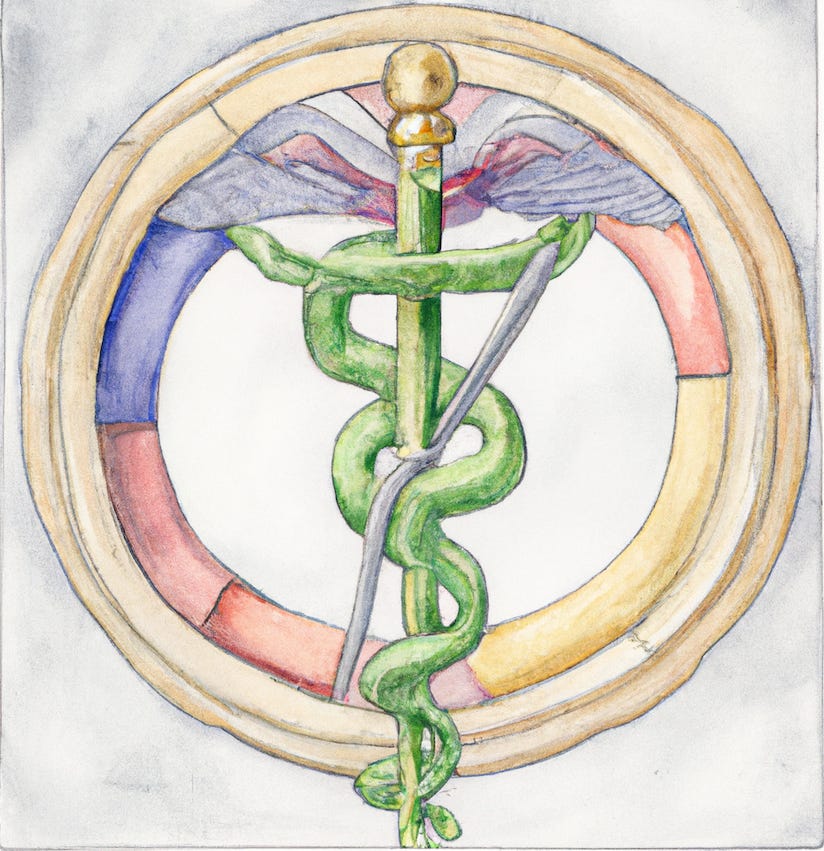Jyotish (Vedic astrology) provides profound insights into health, as well as techniques to time potential health issues and remedies to mitigate them.
Understanding the connections between planetary positions and your physical well-being in your birth chart can offer valuable insights into maintaining and improving your health. Here’s where you can find …
Keep reading with a 7-day free trial
Subscribe to Crossroads Astrology to keep reading this post and get 7 days of free access to the full post archives.



